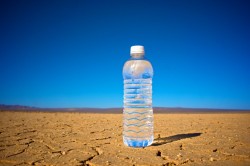Environment
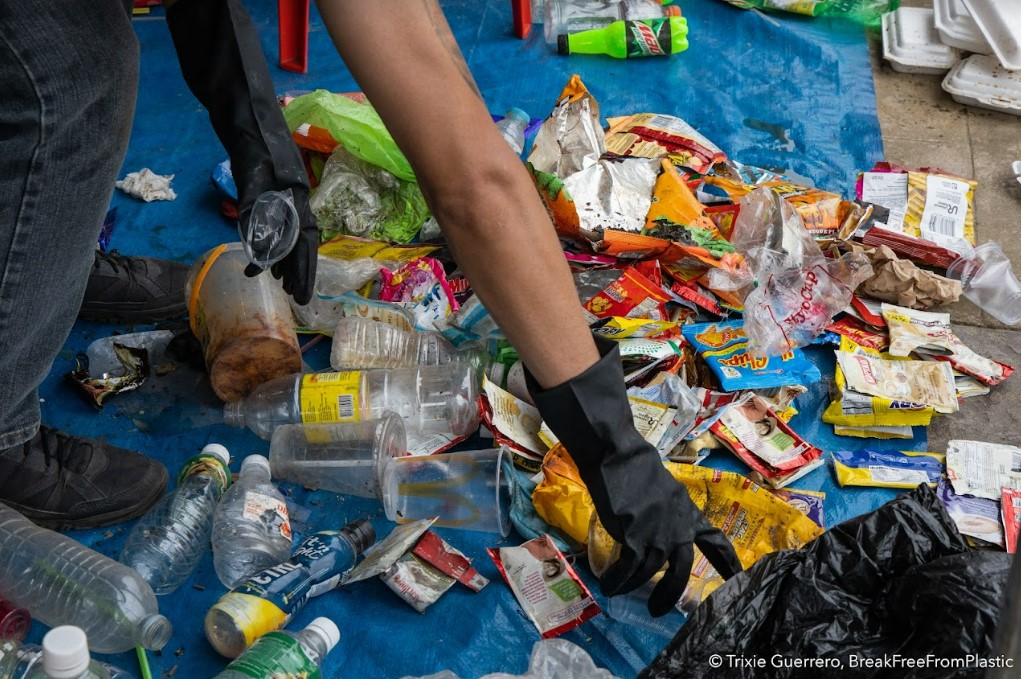
Who does not like Snickers or Mars - Dairy Milk or Kitkat?
But of all the plastic polluters, it seems the favourite chocolate bar brand, Snickers, is the biggest plastic polluter in Nepal, if a new audit report is anything to go by.
According to a recently published Brand Audit – based on a research to find top plastic polluters in 80 countries worldwide, Mars, the company behind popular chocolates like Snickers and M&Ms, is the top polluter in Nepal.
The recent Brand Audit was carried out from 2018-2022, whereas in Nepal, the audit was only carried out in 2022. The volunteer-supported survey has six volunteers working to collect the trash and categorized them in Nepal.

Break Free From Plastic, which now has 12,877 individuals and 2,766 organisations under its umbrella, published the Brand Audit with five years worth of citizen science around the world.
The movement is trying to pressure the big companies behind single-use plastics and all the plastic pollution. The organisation says they work in the “3R principle-Reveal, Reduce and Redesign”, so they reveal the big polluters, pressure them in reducing the amount of plastic pollution and redesign better and sustainable products and packaging.
Plastic love of Nepal
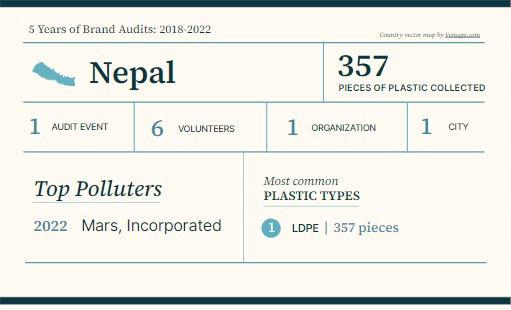
The Brand Audit’s volunteers in Nepal managed to collect 357 pieces of plastic, in a single audit event, in a city for the 2022 event. The movement hopes to increase the events and volunteer counts to make the event more effective in Nepal.
The Nepali volunteers found all those pieces of plastic were LDPE (Low-density polyethylene), a flexible and lightweight plastic generally used as wrappers. And Mars wrappers were the highest in the count.
But the problem in Nepal does not stay just within Mars, it is beyond Neptune, meaning the problem could be far worse than previously imagined.
Every Nepali Mars fan and nonfan can say, that plastics are everywhere.
For example, the volunteers don’t seem to have mentioned the plastic pollution problem caused by several Nepali-made products such as Wai Wai, Coca-Cola, scores of local sweets wrapped in plastic, and small sachets of shampoo, to name a few.
As seen by NepalMinute journalists recently, residential areas, roads, drainages and rivers across urban Nepal remain littered with plastic wrappers and bottles. Judging from those heaps, Nepali-and Indian-made plastic products seem to have an even bigger contribution to plastic pollution than Mars-made chocolate wrappers.
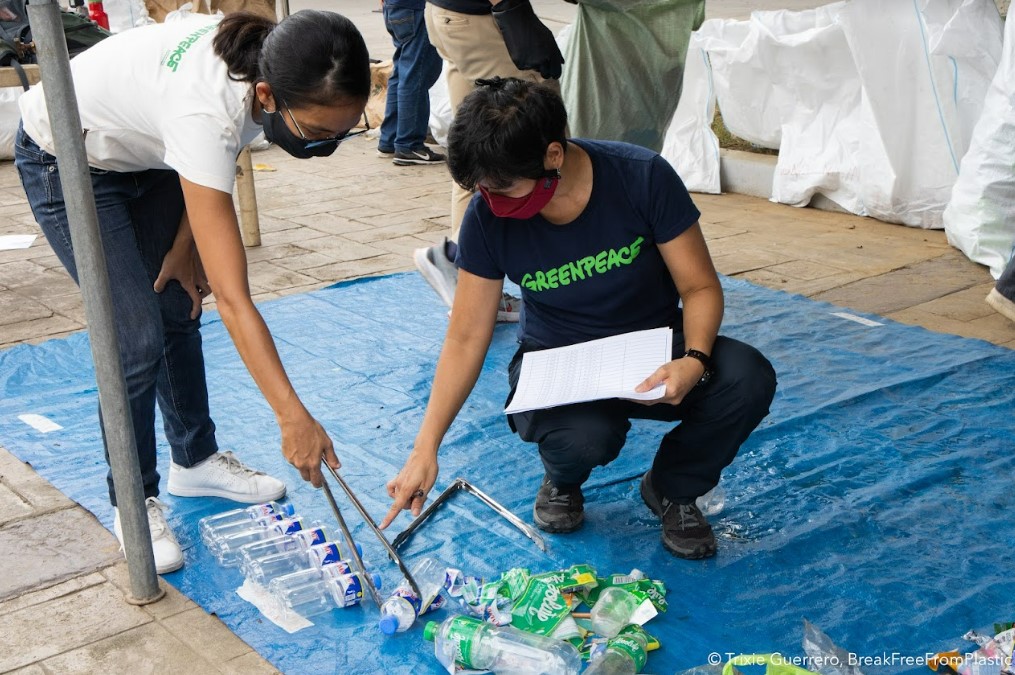
That means that the makers of Wai Wai noodles, sweets, bottled water, chips like Lays, Coca-Cola and tobacco products such as Khaini and Gutkha too could appear on top if new audits are done.
In big cities of Nepal like Kathmandu, plastic pollution is a growing menace, with plastic products visible everywhere from residential areas to streets and from drainages to rivers.
The urban centres of Nepal produce approximately 350 tons of plastic waste every day as shown by 2020 research conducted by UNDP Accelerator Lab.
The problem is so dire that around five million Kathmandu population uses 4.7 to 4.8 million plastic bags daily, according to another research by the International Centre for Integrated Mountain Development (ICIMOD).
The ICIMOD report suggests that with increasing accessibility, plastic is finding its way into the deep Himalayan villages and towns, further increasing the challenges in coping with the problem.
Five Years in-a-row
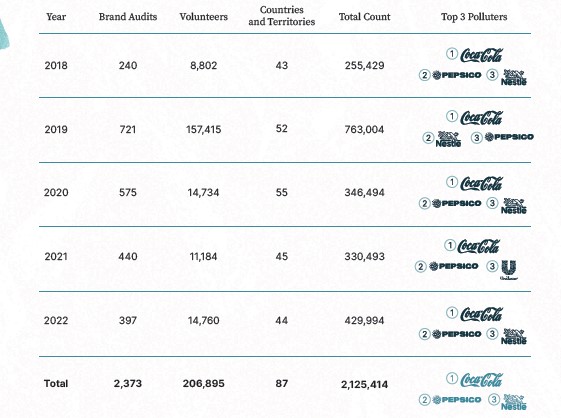
Around the world, the audit finds Coca-Cola is the largest plastic polluter, with PepsiCo as second and Nestlé as the second-runner-up.
Five years in a row, Coca-Cola remained the top polluter, interestingly it is the top sponsor of the UN Climate Change Conference – Cop27 organised in Egypt.
Coca-Cola topped the list to become the top polluter in 78 countries around the world. PepsiCo stood on top in 66 countries and Nestlé in 64.
In the press release, Break Free From Plastic writes: “Given that 99 per cent of plastic is made from fossil fuels, Coca-Cola’s role in COP27 baffles environmental activists.”
Mars, the top polluter in Nepal, however, ranks sixth in worldwide data topping the list in 56 countries.
“Clearly this demonstrates that their voluntary commitments and false solutions to address their reliance on single-use plastic is not leading to any kind of significant impact on plastic reduction,” it adds.
Therefore it has called for more “legally-binding commitments” to address the plastic issue.
Also read: Plastic: How this never-decomposing stuff threatens Nepal

